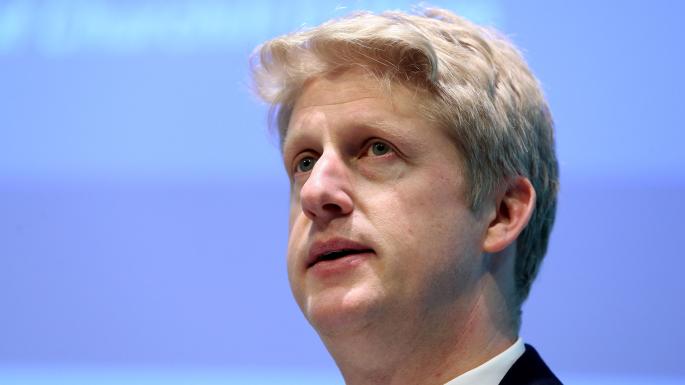The Government has announced that Universities across England must uphold free speech and that action will be taken against universities who use “no platforming” and “safe spaces” to turn away controversial speakers.
Jo Johnson, the Universities Minister, said: “Free speech is one of the foundations on which our higher education tradition is built. It goes to the heart of our democratic values and is a principle I know universities hold dear.”
The regulator for higher education in England, the Office for Students, is due to receive new legal powers in April 2018. Following this, they will be able to hold universities to account if they do not uphold the values of free speech. Universities censoring free speech could be fined or face potential de-registration.
Today we launch consultation on a new regulatory system for universities, with freedom of speech duty at its heart https://t.co/SdIC03nA0q
— Jo Johnson (@JoJohnsonUK) October 19, 2017
The move comes after a number of controversial cases of censorship in British Universities. Cardiff University Union’s woman’s officer, Rachael Melhuish, ran a petition to ban Germaine Greer from
the campus in 2015, on the grounds that she had expressed transphobic comments. Eventually, Greer was allowed to speak at the University with the addition of uniformed police officers present.
In defence of Greer, Johnson said: “She has every right, if invited, to give views on difficult and awkward subjects”
Sir Michael Barber, Chairman of the OFS said: “Ensuring freedom of speech and learning how to disagree with diverse opinions and differing views of the world is a fundamental aspect of learning at university. The OfS will promote it vigorously.”
I support this initiative. It is the duty of Universities to produce graduates who understand & enjoy robust debate & intellectual challenge https://t.co/pH5xP0ahr9
— Brian Cox (@ProfBrianCox) October 19, 2017
Spiked’s annual free speech university ranking saw the University of Leeds and the Leeds University Union awarded a red ranking for a third year. The University earned its ranking for its restrictions on offensive and racist speech, whilst the Union gained this position for its advertising and no platform policies.
A university spokesperson responded to this by saying “The University is confident that it has a robust and consistent policy in relation to freedom of expression. We find it hard to take seriously a survey in which we are castigated for saying that we would not tolerate anti-Semitism on our campus.” They added:
“The University is committed to promoting and positively encouraging free debate, enquiry and protest within the requirements placed on it by the law. It tolerates a wide range of views even when they are unpopular, controversial or provocative. Indeed the University has never banned an event or speaker because of the subject matter and it hosts a broad range of debates and speeches on a wide range of subjects.”
Leeds University Union’s Union Affairs Officer, Jack Palmer, responded to their respective ranking with the following:
“LUU shares freedom of expression protocol with the University which enables students to have many open and respectful debates in their Union and on campus.
“Leeds students have repeatedly voted for policy which denies a platform to far-right and extremist groups who are not interested in debate.
“Jo Johnson needs to recognise the important difference between freedom of speech and the freedom to hate.
In regards to ‘Spiked’, if having a policy for dignity and mutual respect, or a stance against sexual harassment are reasons why Leeds University and Union have been given ‘red’ badges, I’ll wear it with pride.”
Liv Noon
(Image: Chris Radburn/PA)

